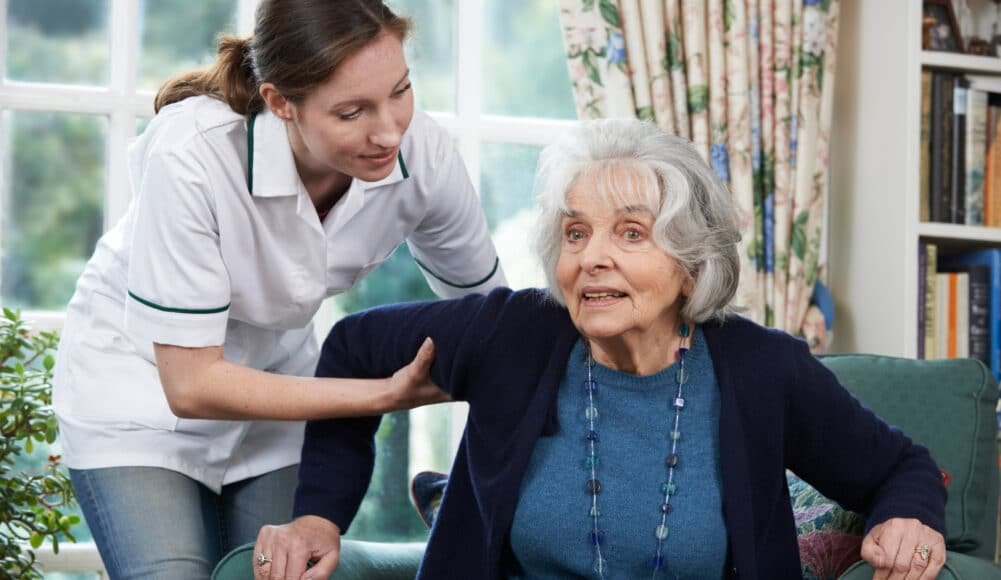
7 Warning Signs That Your Loved One May Need Home Care Assistance
As people age, it’s natural for some things to change. But how do you know when your aging parent or loved one needs extra support at home?
Many families struggle to recognize the early signs. At Passion Care Service, we’ve worked with dozens of families who wish they had noticed the signs sooner. To help, we’ve listed the most common red flags that suggest it’s time to consider professional home care.
1. Struggling With Basic Daily Tasks (ADLs)
If your loved one is having trouble dressing, bathing, cooking, or managing medications, it’s a strong indicator they need help. These Activities of Daily Living (ADLs) are essential for independence and safety.
Even small challenges — like burning food or wearing the same clothes for days — can point to deeper issues.
2. Frequent Falls or Balance Issues
Falls are the leading cause of injury among older adults. If your loved one is falling more frequently or becoming hesitant while walking, it could signal declining mobility or muscle weakness.
A home care provider can help them move safely, assist with transfers, and even recommend safety improvements around the house.
3. Changes in Personal Hygiene or Appearance
If your once-meticulous parent is now neglecting grooming, skipping showers, or wearing dirty clothes, it may be due to physical limitations or depression.
Caregivers can assist with hygiene tasks while maintaining your loved one’s dignity and comfort.
4. Weight Loss or Malnutrition
Check the refrigerator — is it full of expired food or empty altogether? Seniors living alone often skip meals or forget to eat. Weight loss, dehydration, or signs of malnutrition are serious and should never be ignored.
Home care aides can prepare nutritious meals, help with feeding, and monitor eating habits.
5. Forgetfulness and Medication Errors
Is your loved one missing doctor’s appointments or repeating the same stories over and over? Are their medications taken inconsistently or not at all?
Forgetfulness can put them at serious risk. A trained caregiver can help manage medications, keep track of appointments, and monitor signs of cognitive decline.
6. Withdrawal From Social Activities
If your loved one has stopped meeting friends, participating in hobbies, or engaging in conversations, it might indicate isolation, depression, or anxiety.
Home care offers more than just physical help — it also provides emotional support and companionship.
7. Caregiver Stress
Are you the primary caregiver and feeling overwhelmed, burned out, or unable to balance caregiving with your personal life?
That’s a clear sign that you need help too. Bringing in a professional caregiver allows you to take care of yourself, while still being there for your loved one.
Conclusion
Recognizing the signs early can prevent accidents, hospitalizations, and emotional stress. Home care isn’t just about convenience — it’s about preserving dignity, safety, and quality of life.
At Passion Care Service, we provide compassionate, reliable home care tailored to your family’s unique needs. If you’re noticing any of these signs in your loved one, we’re here to help — reach out to us for a free consultation or care assessment today.
